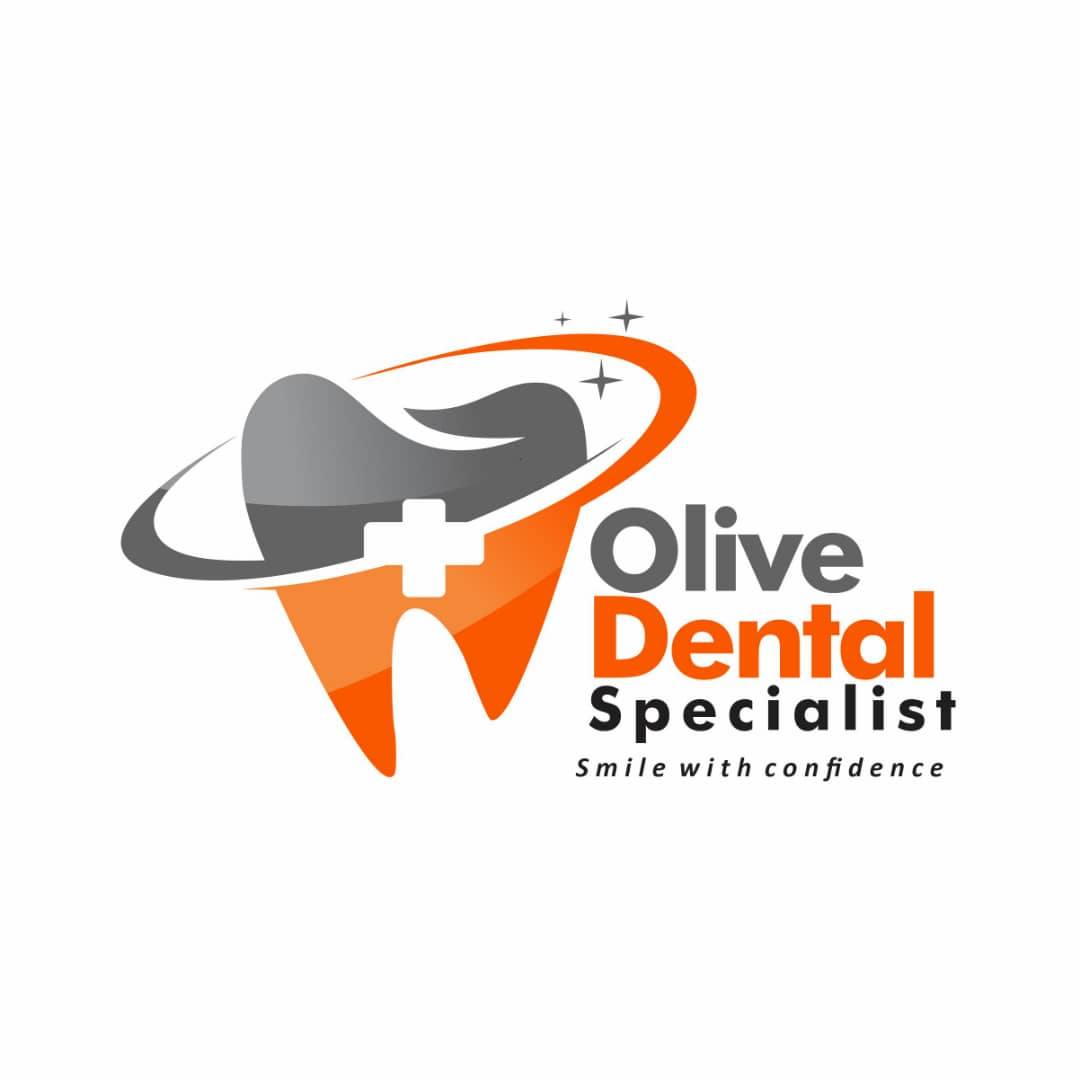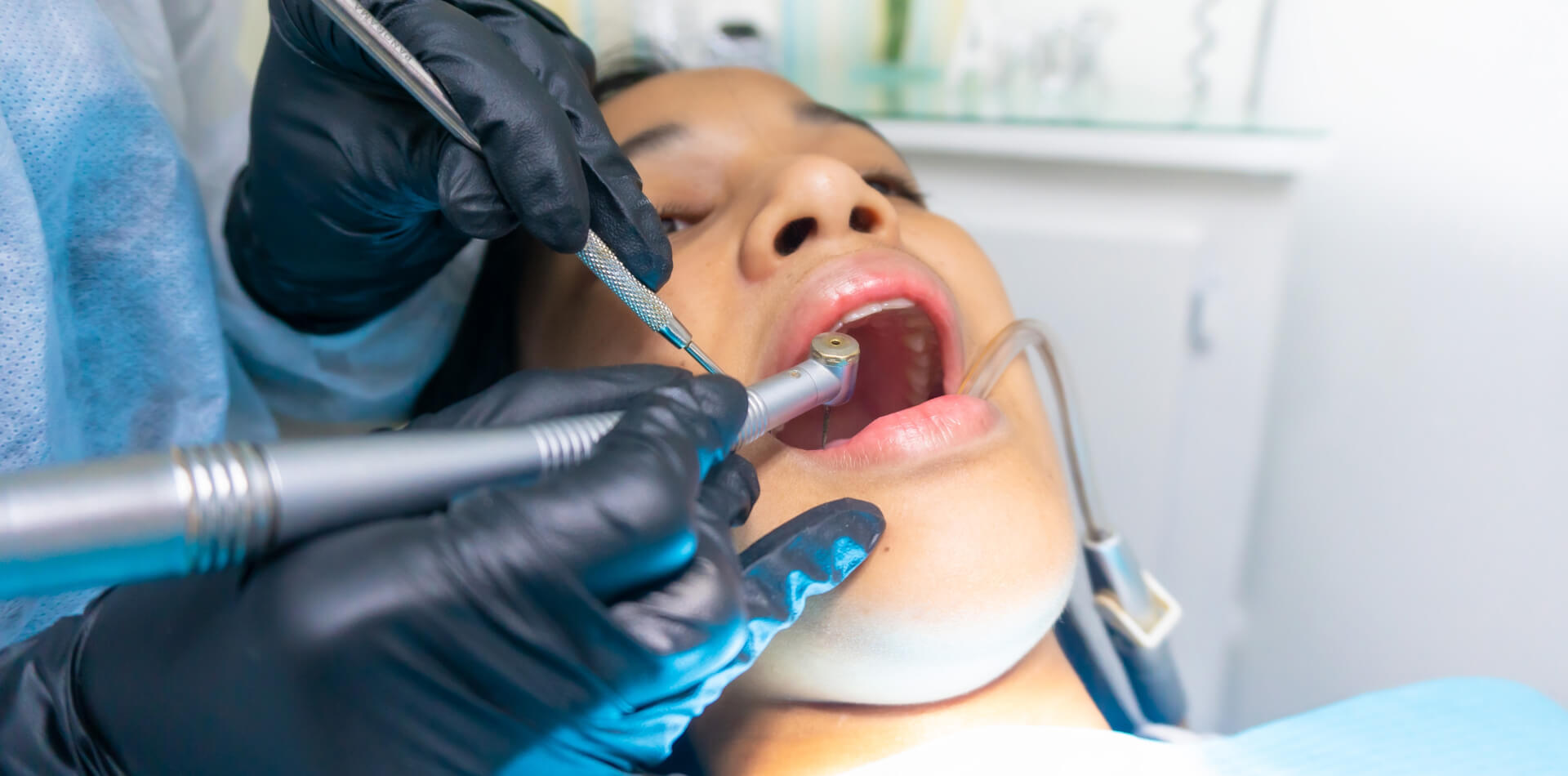Plaque is a term that frequently pops up in conversations about dental health, but what exactly is it, and why is it so detrimental to your oral well-being? Understanding the nature of plaque and its potential consequences is essential for maintaining a healthy, bright smile. This comprehensive guide delves into the intricacies of plaque, its formation, the problems it causes, and effective strategies to prevent and manage it.
Understanding Plaque: The Basics
What is Plaque?
Plaque is a sticky, colorless film of bacteria that continuously forms on our teeth and along the gum line. It’s composed of bacteria, food particles, and saliva. The formation of plaque is a natural process, but without proper oral hygiene, it can lead to serious dental issues.
How Does Plaque Form?
Plaque forms when bacteria in the mouth mix with sugars and starches from the food we eat. This mixture creates acids that attack the tooth enamel, the hard outer layer of your teeth. The bacteria multiply and create a biofilm that adheres to the surfaces of teeth and gums.
Why Plaque is Harmful
Dental Caries (Cavities)
The acids produced by the bacteria in plaque are one of the primary causes of dental caries, commonly known as cavities. These acids erode the enamel, creating small holes or cavities. If left untreated, cavities can progress, causing pain, infection, and even tooth loss.
Gum Disease
Plaque doesn’t just harm your teeth; it also affects your gums. The bacteria in plaque produce toxins that irritate the gums, leading to inflammation. This condition, known as gingivitis, is characterized by red, swollen, and bleeding gums. If gingivitis is not treated, it can advance to periodontitis, a more severe form of gum disease that can cause tooth loss and damage to the bone supporting the teeth.
Tartar Formation
When plaque is not removed regularly through brushing and flossing, it can harden into tartar (also called calculus). Tartar is a hard, yellowish deposit that forms on the teeth and gum line. Unlike plaque, which is soft and sticky, tartar is hard and can only be removed by a dentist or dental hygienist. Tartar buildup can make it more difficult to clean your teeth properly, leading to further plaque accumulation and more severe dental problems.
Bad Breath
Plaque can also contribute to halitosis, or bad breath. The bacteria in plaque produce foul-smelling compounds that can cause persistent bad breath. Maintaining good oral hygiene and regular dental cleanings are essential for preventing this unpleasant condition.
Preventing Plaque Buildup
Brushing and Flossing
The most effective way to prevent plaque buildup is through diligent oral hygiene practices. This includes brushing your teeth at least twice a day with fluoride toothpaste and flossing daily to remove plaque from between the teeth and below the gum line.
Brushing Tips
- Use a soft-bristled toothbrush and fluoride toothpaste.
- Brush for at least two minutes, covering all surfaces of your teeth.
- Replace your toothbrush every three to four months or sooner if the bristles are frayed.
Flossing Tips
- Use about 18 inches of floss, winding most of it around your middle fingers.
- Gently slide the floss between your teeth, curving it around each tooth and reaching below the gum line.
- Use a clean section of floss for each tooth.
Regular Dental Checkups
Visiting your dentist regularly for checkups and professional cleanings is crucial for maintaining oral health. Dentists and dental hygienists can remove plaque and tartar buildup that you might miss during regular brushing and flossing. They can also detect early signs of dental problems and provide appropriate treatments.
Healthy Diet
Your diet plays a significant role in the formation of plaque. Limiting sugary and starchy foods can help reduce plaque buildup. Sugary snacks and drinks provide a food source for the bacteria in plaque, increasing the production of harmful acids.
Dietary Tips
- Limit sugary snacks and beverages.
- Opt for a balanced diet with plenty of fruits, vegetables, and whole grains.
- Drink plenty of water, especially after meals, to help wash away food particles and bacteria.
Fluoride Treatments
Fluoride is a mineral that helps strengthen tooth enamel and prevent decay. Many communities add fluoride to their tap water, and fluoride is also found in most toothpastes and mouth rinses. Your dentist may recommend additional fluoride treatments if you are at high risk for cavities.
Dental Sealants
Dental sealants are thin, protective coatings applied to the chewing surfaces of the back teeth (molars). Sealants can prevent plaque and food particles from getting trapped in the grooves of these teeth, reducing the risk of cavities. Sealants are particularly beneficial for children but can be used in adults as well.
Chewing Sugar-Free Gum
Chewing sugar-free gum can help increase saliva flow, which helps wash away food particles and neutralize acids produced by bacteria. Look for gums that contain xylitol, a sugar substitute that can help reduce plaque formation.
Why Comprehensive Dental Care Matters
At Olive Dental Clinic and Braces Centre, we are dedicated to providing comprehensive dental solutions that enhance both oral health and confidence. Our goal is to educate our patients on the importance of preventive care and to offer treatments that support a lifetime of healthy smiles.
Our Services Include:
- Routine Cleanings and Exams: Regular visits to our office for professional cleanings and thorough dental exams are essential for maintaining optimal oral health.
- Fluoride Treatments: We offer fluoride treatments to strengthen enamel and prevent decay.
- Sealants: Our dental sealants provide an extra layer of protection against cavities for both children and adults.
- Personalized Oral Hygiene Instructions: We provide guidance on effective brushing and flossing techniques tailored to your specific needs.
By incorporating these preventive measures and maintaining regular dental visits, you can keep plaque at bay and enjoy a bright, healthy smile for years to come. Contact us today to schedule your next appointment and take the first step toward optimal oral health.
Conclusion
Plaque is an inevitable part of life, but its impact on your dental health can be managed and minimized through good oral hygiene practices and regular dental care. Understanding what plaque is and why it’s harmful is the first step in taking control of your oral health. By brushing and flossing daily, maintaining a healthy diet, using fluoride treatments, and visiting your dentist regularly, you can prevent plaque buildup and protect your teeth and gums from serious problems.
Remember, your smile is one of your most valuable assets. Taking care of it today will ensure it remains bright and healthy for a lifetime. At Olive Dental Clinic and Braces Centre, we are here to support you in your journey to optimal oral health. Contact us to learn more about our services and how we can help you achieve the smile you’ve always wanted.



